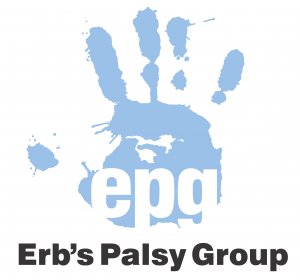In a claim for clinical negligence it must be proven that:
- the medical care fell short of that considered reasonable by a responsible body of medical opinion; and
- that as a result injury was suffered.
If both can be proven, then financial compensation will be paid.
Choosing a solicitor
If you wish to bring a claim for medical negligence the first most important step is to choose the right solicitor.
It is important to choose a solicitor who is a specialist in Erb’s Palsy claims, so ask them about the extent of their experience.
Funding
You will first need to decide with your solicitor how the claim will be funded. There are costs involved in bringing a legal claim which include your lawyers fees, Court and expert fees.
There are different options such as
- Legal Aid;
- Conditional Fee Agreements;
- Legal Expenses Insurance.
Your solicitor should explain these to you.
The Case
All cases are different, and the following is only a basic guide as to the key steps.
Pre-Action Investigations
Medical experts will be instructed to provide an opinion on the medical care and cause of injury. They will do this based on the medical records, their experience, and your statement of what happened. Even if you are unsure whether you want to bring a claim it is important to write down everything you remember, sign it, date it and keep it safe.
If the expert advises that your care was negligent then your solicitor will send Letter of Claim to the Hospital Trust notifying them of the claim and the likely allegations.
If the Trust admit negligence, then the case will move on to calculating the damages – which is known as “assessing quantum”.
If the Trust deny negligence, and your solicitor advises that the prospects of winning are sufficient, then the next stage is to bring Court proceedings.
Issuing a claim and going to Court
A Barrister will prepare the legal documents to be lodged at Court. The Trust will have to file a formal response to the Claim – a “Defence” explaining why they believe they are not at fault.
The Court will fix a timetable so both sides can prepare the case for Trial. This will include the exchange of key evidence. It can take many months to reach Trial but very few cases get that far. Most cases settle or are discontinued before Trial as each side exchanges and considers each other’s evidence and re-evaluates the strength of their case.
If the case does end up at a Trial, the Judge will hear evidence from the witnesses and experts, consider the medical records and legal arguments made by the Barristers. The judge will then decide whether the Claimant has proven their case "on the balance of probability". If the claim is successful, then judgment will be entered, and the next stage is to assess damages. If the claim is unsuccessful then that is the end of the case, unless there are grounds for appeal, which is rare.
To raise awareness of this condition and to support the Erb’s Palsy Group we are running a series of articles and videos to raise awareness of this devastating condition.
We have over 25 years’ experience in bringing clinical negligence claims for compensation on behalf of Claimant’s with Erb’s Palsy. We have developed a wealth of knowledge in relation to this condition.
For further advice please contact our specialists on 01392 207 020 at enquiries@tozers.co.uk or on our webiste.







